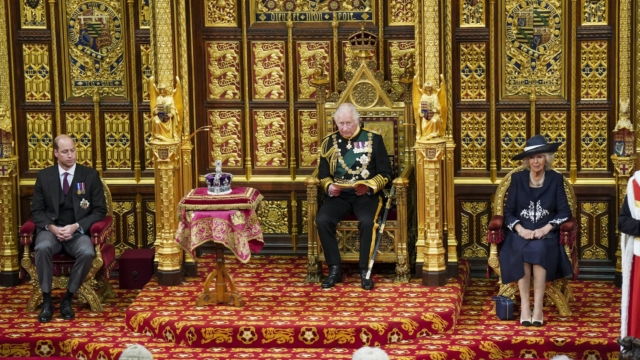
COVID-19 Update 5th August 2021
Analysis Of Call For Evidence On Commercial Rents
MHCLG has published an analysis of the evidence that they received in relation to the call for evidence from businesses on their experiences in trying to negotiate settlements on rent debt during the pandemic. The call for evidence also sought views on a number of options for withdrawing or replacing the existing tenant protection measures that will inform moves that the Government is making to resolve this issue. Some on the main findings were:
-
- The vast majority of businesses affected were pubs & bars, restaurants and accommodation providers
- The location of impacted businesses was reasonably evenly spread throughout England
- 53% of businesses believe that only 0-20% of landlords were acting in accordance with the Government’s code of practice on rent settlement negotiations.
- The preferred option for businesses to resolve the issue of rent settlement was binding arbitration
- The preferred option for landlords is to allow the current tenant protection measures to expire
In response to this call for evidence, the government has published a policy statement which side with businesses on this issue, stating:
In order to provide a long-term solution to the resolution of rent arrears, and bring certainty to both landlords and tenants, the government is outlining a plan to legislate for binding arbitration, following the call for evidence and engagement with stakeholders.
Ahead of the arbitration system being in place, we will publish the principles which we will seek to put into legislation, to allow landlords and tenants time to negotiate on that basis. We would encourage all landlords and tenants to seek to agree mutually beneficial solutions as soon as possible.
Once the new system is in place this will mean:
- landlords will be able to exercise their rights to evict any tenant for the non-payment of rent debt incurred prior to March 2020 and from the end of the ringfenced period
- the new legislation applies only to debt for tenants impacted by COVID-19 business closures. Landlords will be able to evict any tenant who falls outside the scope of arbitration legislation over the non-payment of rental arrears accrued at any time
- landlords will also be able to charge interest on rent incurred from the end of the ringfenced period onwards, if such interest payments are included in the terms of their lease
If a tenant breaches any other terms of their contractual agreement with their landlord (i.e., by causing damage to the property), which gives rise to a right to forfeit the landlord is still able to move to evict them. Tenants will also be bound by the decision of the arbitrator and will have to pay rent debts accrued during the ringfenced period in accordance with that decision.
JCVI Advise That All 16 And 17 Year olds Are Vaccinated.
The JCVI has issued a statement advising that all 16 and 17 year olds should receive their first dose of vaccine.
And in response, the Health Secretary has issued a statement accepting this advice.
https://www.gov.uk/government/news/statement-on-offering-covid-19-vaccination-to-young-people
Self-Isolation Exemption Extended For 18 Year Olds
Staying with age-related guidance, the public guidance has been updated that reduce the length of time people who turn 18 year are exempt from self-isolating if they are a contact of someone who has coronavirus. Previously they were exempt for 4 months after they turned 18, but this has now been extended to 6 months. This is help relieve some of the pingdemic pressure on businesses that have significant numbers of young staff
https://www.gov.uk/guidance/covid-19-coronavirus-restrictions-what-you-can-and-cannot-do
Transport Use
DfT’s weekly figures on transport use show, yet again, that the recovery in public transport use remains very show. National rail usage, at around 55% of usual is only 10% higher that it was in June while bus usage is about the same level that it was in April. On the other side of the coin, the use of private vehicles over weekend periods remains between 105% – 110% of usual, highlighting how cautious people are of sharing transport with other people.
https://www.gov.uk/government/statistics/transport-use-during-the-coronavirus-covid-19-pandemic

